The BioDAR Team
Meet the team
BioDAR is led by researchers from the University of Leeds, University of Exeter, and the National Centre for Atmospheric Science. The project brings together ecologists and radar scientists to produce a step change in the way we monitor our environment, we believe that we benefit from taking a cross-discipline approach to important conservation issues.

Dr Christopher Hassall
Associate Professor, University of Leeds
Chris Hassall helps to coordinate the BioDAR Team. His research is motivated by a desire to develop an understanding of how the world works so that people and nature can live together for mutual benefit. This has involved working alongside researchers from many other disciplines, including health, engineering, physics, and the social sciences. In addition to BioDAR, he works on trying to create cities that are hospitable for people and wildlife, conserve valuable freshwater ecosystems around the world, and understand how people’s connectedness to nature can be enhanced and harnessed to better protect the planet. You can find out more about Chris’ research on his website and follow him on Twitter.
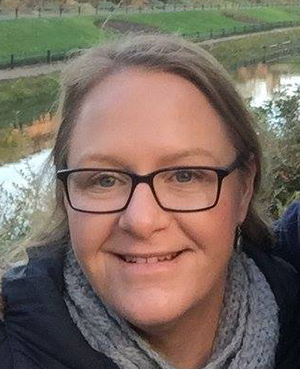
Dr Elizabeth Duncan
Associate Professor, University of Leeds
My background is as an evolutionary and developmental biologist, with a focus on insect evolution. My early work involved examining the evolution of an early developmental pathway found in the fruit fly Drosophila melanogaster and I became enamoured with invertebrate biology, in particular reproduction and development. As a research fellow I continued working in these areas and was also successful in obtaining my own funding to work in the area of phenotypic plasticity. All animals respond to their environment, but some have the ability to change their physiology, biochemistry, behaviour and reproduction in response to an environmental cue; a phenomenon known as phenotypic plasticity.
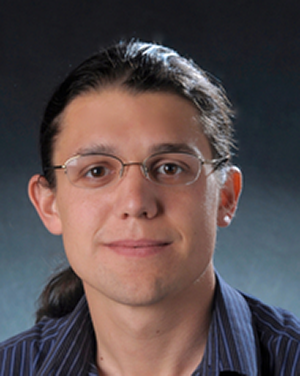
Dr Ryan Neely III
Associate Professor, University of Leeds & National Centre for Atmospheric Science
From an early age Neely knew he enjoyed exploring the natural world with technology. Thus, his academic career has always been a blend of physics, engineering, computer modelling, travelling, and working outdoors. His early work involved research on the impact of elevated levels of CO2 on the primary production of pine trees. and the use of electromagnetic radiation to explore the natural world through Raman spectroscopy, but found his true passion through the use of lidar to explore clouds and aerosol. Neely is one of the founders of the BioDAR Project, along with Liz and Chris, bringing key radar expertise to the study of biodiversity.
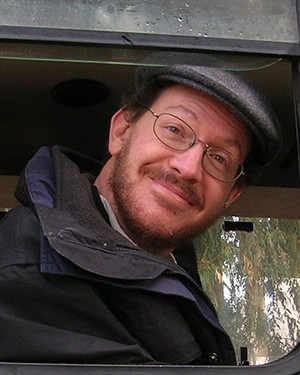
Professor Bill Kunin
Professor of Ecology, University of Leeds
Bill Kunin is an ecologist whose research focusses on plants and pollinators – in particular wild bees and hoverflies. His research team uncovered some of the first strong evidence of bee declines in Europe, and he has been involved in helping design and set up a national pollinator monitoring scheme (PoMS). Bill is particularly interested in spatial population and biodiversity patterns, and helping develop new tools to monitor and model change in nature.
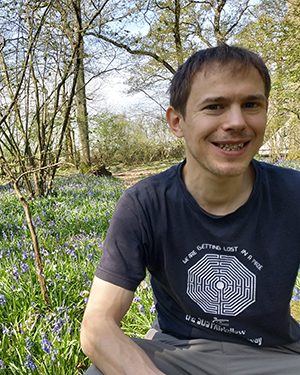
Dr Robin Lovelace
Professor of Transport and Big Data, University of Leeds
Robin Lovelace specialises in reproducible data science for transport planning. Recent roles include Lead Developer of the Propensity to Cycle Tool, Principle Investigator of the Cycling Infrastructure Prioritisation Toolkit and author of the open source software package stplanr. Follow Robin on Twitter.
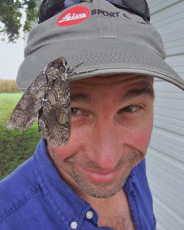
Dr Jason Chapman
Associate Professor, University of Exeter
I am a movement ecologist interested in the evolution of animal migration strategies, and the population and community-level effects of these long-range movements. I study insects and birds to answer these questions, and use novel technologies including biological radars, weather radars, meteorological simulations, tethered flight techniques and genomic approaches to characterize their migration ecology. You can find out more at my institutional page and follow me on Twitter.
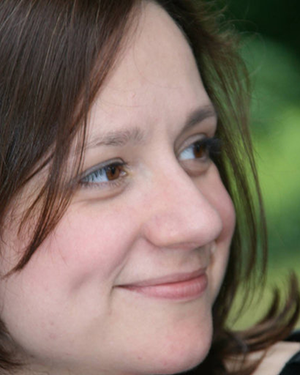
Dr Maryna Lukach
Weather Data Scientist, Royal Belgian Meteorological Institute
Maryna worked at the the Royal Meteorological Institute of Belgium (RMI) in 2011 – 2018 and obtained her PhD degree at the University of Antwerp, Belgium, in 2016. Maryna then moved to NCAS where she was an integral part of the BioDAR Project, working to develop novel classification algorithms to interpret biodiversity signals in radar data. She has now returned to Belgium and the RMI but remains a part of the wider team.
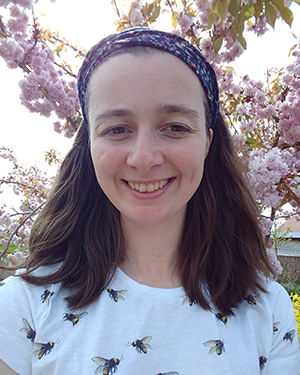
Dr Freya Addison
Research Associate, National Centre for Atmospheric Science
Freya Addison was the first PhD student to work on the BioDAR project. She originally started her academic life studying clouds and collocation for multi-instrument campaigns, before joining the BioDAR team to work on insect ecology. Although Freya is an atmospheric scientist rather than a biologist, she has a keen interest in bees and the BioDAR project. In fact, Freya already has experience photographing bees using cloud imaging probes.
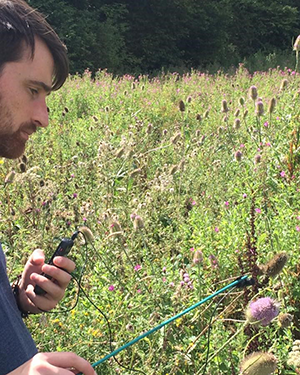
Dr Thomas Dally
Research Entomologist, Forest Research
Tom was an ecology PhD student and the first postdoc on the BioDAR Project. His research focuses on the methods we use to monitor insect populations, specifically insect pollinators like bees and hoverflies. He is especially interested in how we can apply novel technologies, like acoustics and radar, to long-term national insect monitoring, and is a keen participant in the BioDAR project.

Dr Lindsay Bennett
Radar Instrument Scientist, National Centre for Atmospheric Science
I am a Radar Instrument Scientist for the Atmospheric Measurement and Observation Facility (AMOF), part of the National Centre for Atmospheric Science (NCAS). I am responsible for the mobile X-band radar, the first of its kind in the UK. The radar is used to examine the microphysics and dynamics of convective clouds, in particular improving our understanding of the key processes that control rainfall development and intensity.

Dr Mansi Mungee
Lecturer, Azim Premji University
Mansi joined the BioDAR Team as a Research Fellow in a large, multi-collaborative project “Drivers and Repercussions of UK Insect Declines” or DRUID, to collate and synthesize some of the best available datasets on insect declines from across the country, and determine spatio-temporal patterns using multiple currencies of diversity such as richness, biomass, abundance, etc. Her background is in computational trait extraction and modelling, as well as insect biogeography (specifically of Himalayan moths). She left us to take up a highly competitive faculty position back in India.
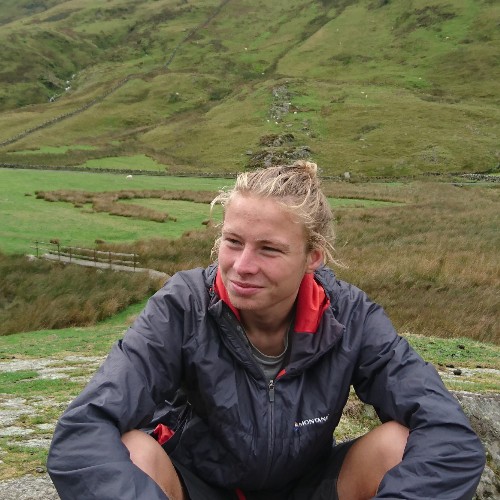
Tommy Matthews
PhD student, University of Leeds
Tommy is a PhD student funded through the NERC PANORAMA Doctoral Training Programme, co-supervised by Chris and Neely. His project aims to establish and enhance the taxonomic information that can be obtained from weather surveillance radar data. Principally, this work focuses on electromagnetic simulation of 3D objects and classification of radar data. He has a background in physics and atmospheric physics.

Sam Hodges
PhD student, University of Leeds
Sam is a PhD student funded through the NERC Panorama Doctoral Training Programme and supervised by Neely and Chris. His work involves drawing on his ecological modelling background to develop new models of aerosphere ecology. The principle aim is to identify the conditions for insect and bird movement and where and when those conditions may occur in order to inform ecological and conservation research.
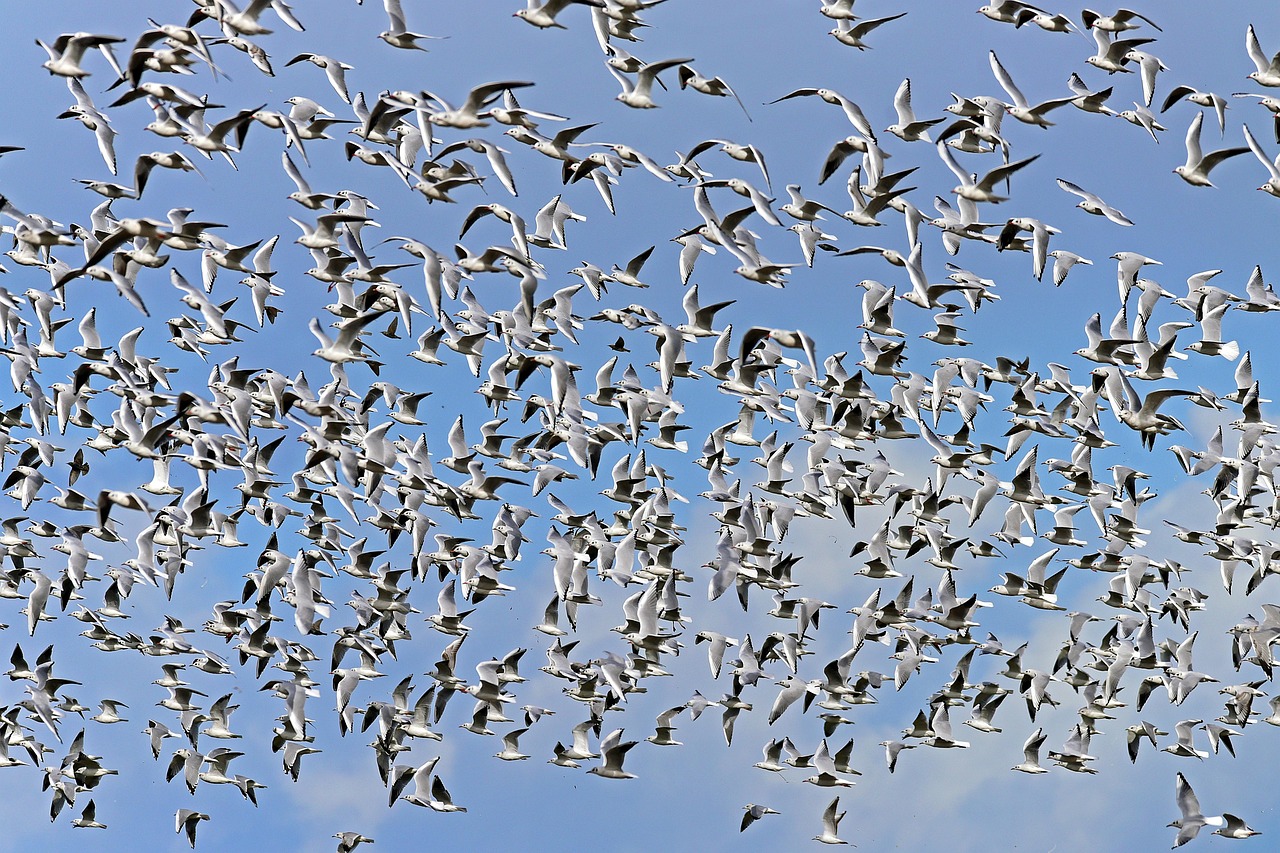
Solanum Foulstone
PhD student, University of Leeds
Solanum is a PhD student working with Chris, Neely and Dr Alastair Ward in the School of Biology at the University of Leeds. Solanum is an ornithologist working to convert the radar data archive into a format that can be used to monitor the behaviour, movement, and population dynamics of UK birds. They have a background in quantitative ecology.
